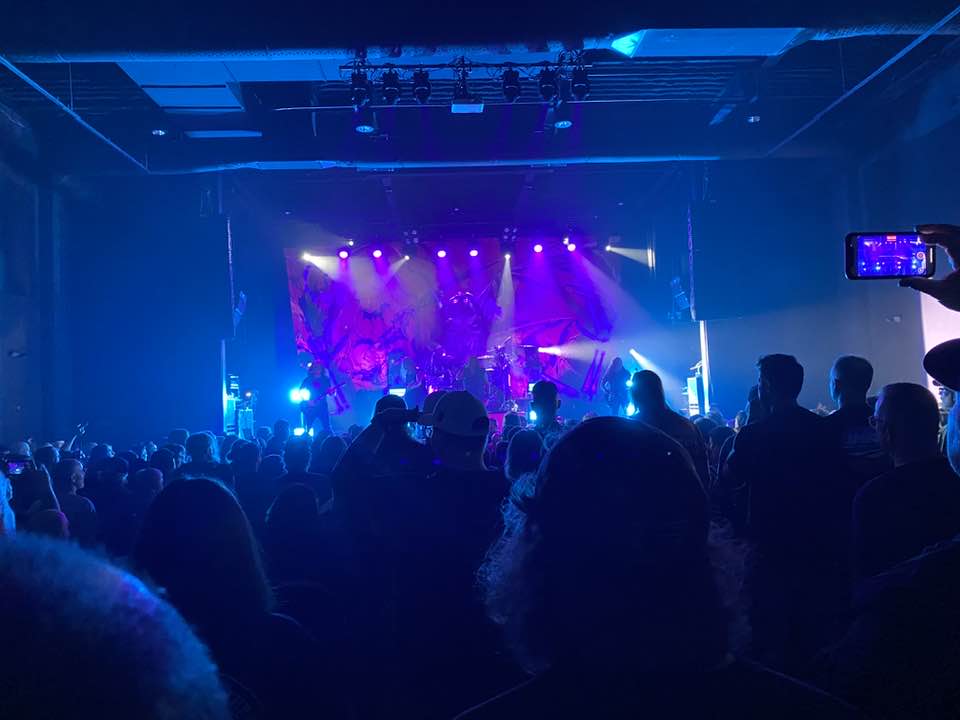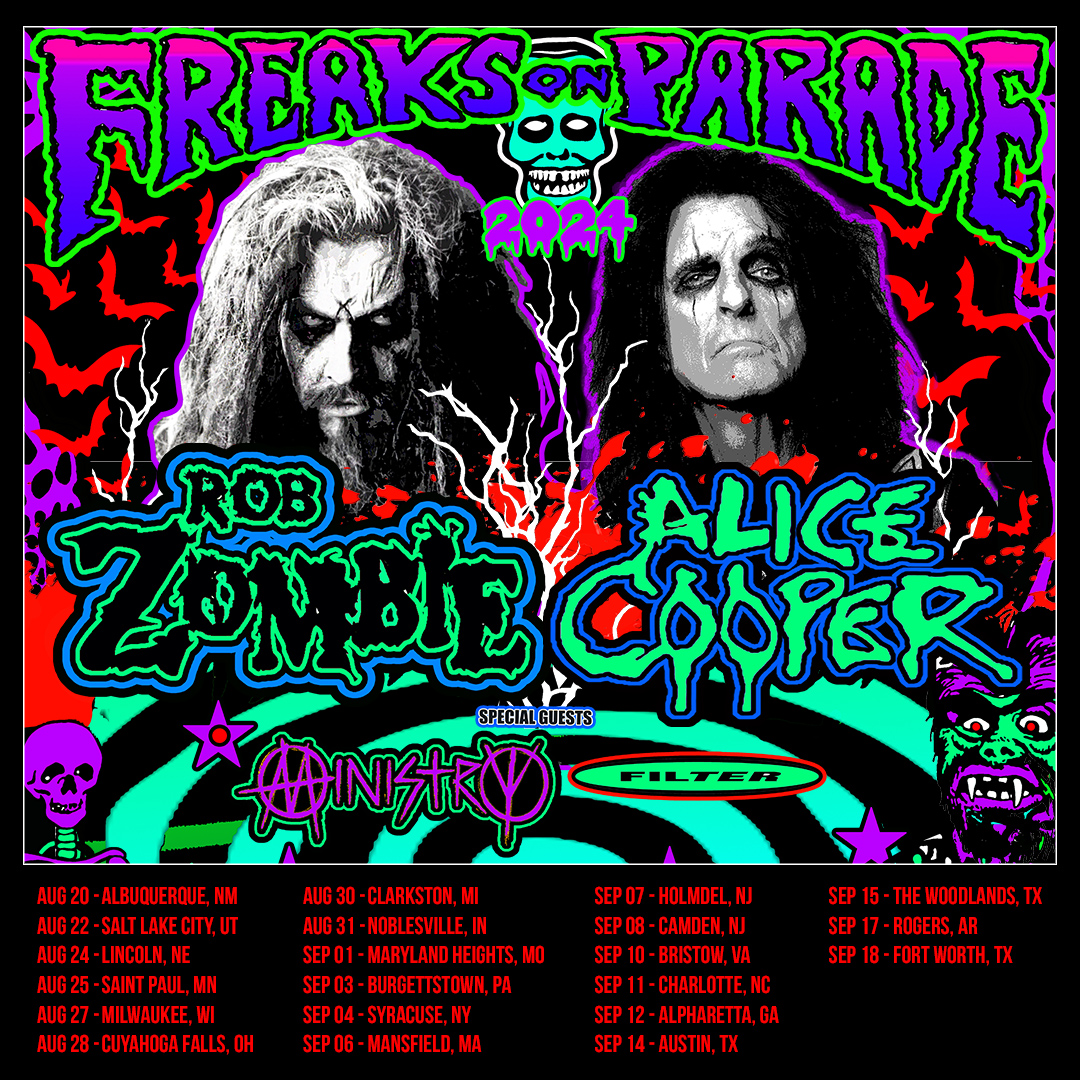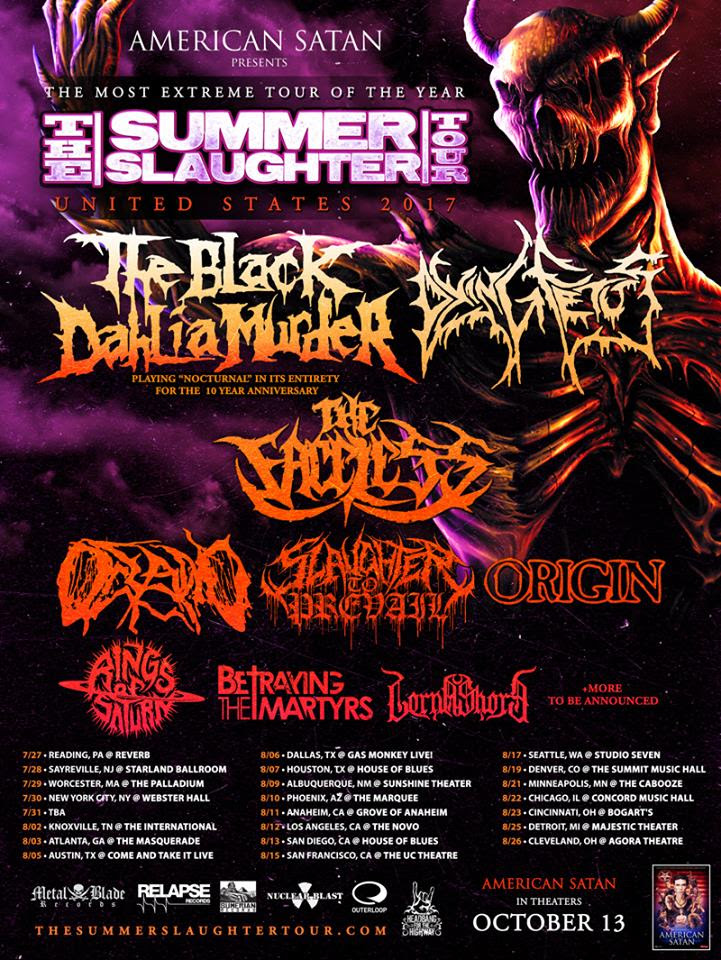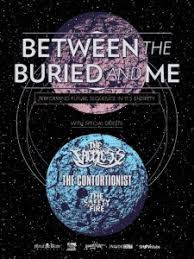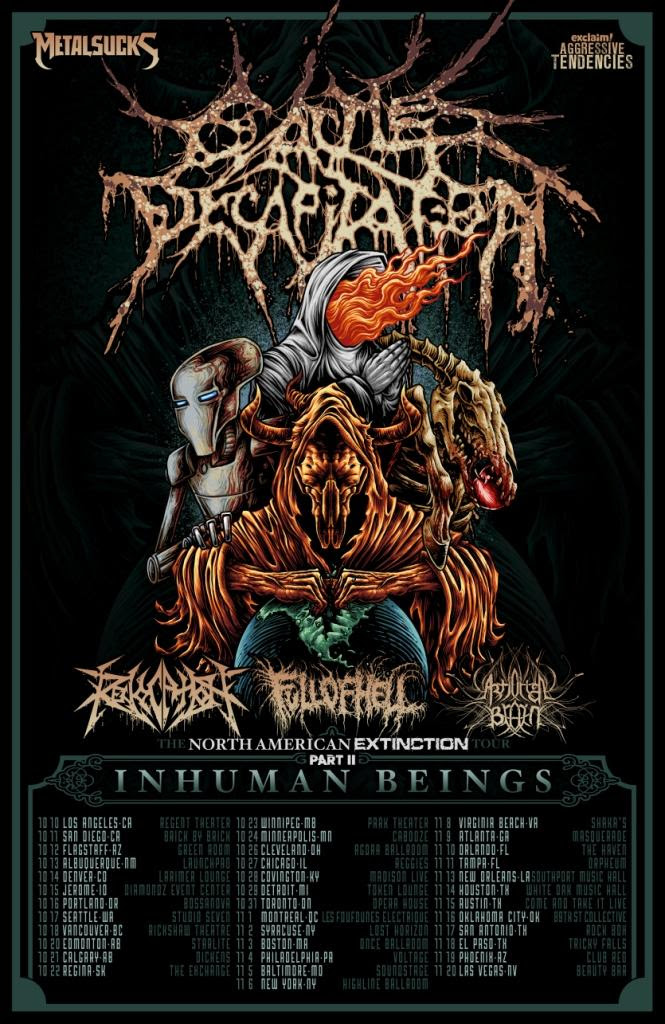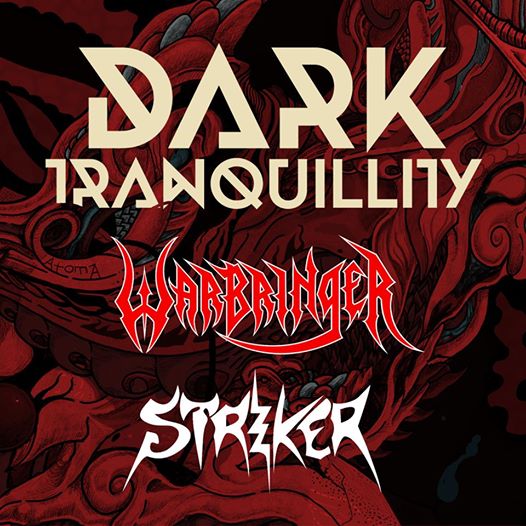Godflesh Bio

Justin Broadrick - Vocals, guitars, programming Benny Green - Bassist
Genres
When Birmingham based duo Godflesh began creating their stark, hypnotic musical blueprint in the late 80's, they were heralded as true innovators - crushing heaviness forged with such bleak soundscapes that it left listeners uneasy, wondering how music could be so unforgiving and enjoyable at the same time. Godflesh created a new scene which the press termed Industrial, with such landmark albums as 'Streetcleaner' (1989), 'Pure' (1992) and the Columbia financed 'Selfless' (1994) providing the base for many a wannabe Industrial band to copy. However, Godflesh, the originators of a scene, have always managed to keep one step ahead, and the next album, 'Songs of Love and Hate' was no exception - emotion, aggression, passion and sonic torment merged into a unique whole mean that the Godflesh noise had never sounded so challenging.
Fans of the current industrial boom headed by Fear Factory and their ilk would acknowledge Godflesh's influence on the fashionable trend of the moment - metallic edges mixed with distortions, samples and drum machines. Vocalist/guitarist Justin Broadrick (together with bassist and partner in
crime Benny Green), are quick to see their influence; "Without wanting to sound completely egotistical, I guess we did open the doors to a lot of the newer bands, I think we definitely paved the way in the 'Industrial' scene, whatever that may be; it's not something we intentionally set about
creating, we just make our music. I actually take it as a compliment that a lot of the more recent bands credit us as an influence, but sometimes it isn't just the music but a whole attitude that's been replaced."
Certainly Godflesh's following is more than just cult status - headhunted by the likes of Faith No More and Danzig when both acts lost guitarists, and revered by the likes of Metallica's Kirk Hammett, Glenn Danzig himself (who they toured America with in early '95), Pantera, (for whom Broadrick remixed the 'Walk' single) and Ministry, who they finally toured with during Summer '96 in Europe. As Broadrick stated at the time: "They've asked us many times before, but it never felt quite right, but now I'm really looking forward to it. The thing is, Godflesh will never sell
millions of records, because basically we're too patronising to the human race - I hate people, not in a physical way, so I express it through the music." Here lies the difference between Godflesh and so many others - the passion and emotion in any of the tunes on 'Songs of Love and Hate' stir an uneasy mix in the listeners mind between the cold, rigid base of the Industrial sound and Broadrick's often heartfelt, gutsy vocals.
Described by Broadrick as "a method of examining the basic human need to believe in something", Godflesh is all about emotion. Titles on 'Songs of Love and Hate' like 'Sterile Prophet', 'Time, Death and Wastefulness' and 'Frail' betray a sensitivity born of frustration; "People don't want to be
challenged," says Broadrick, "and Godflesh is my revenge through music. It is personal, but that doesn't make it less powerful. I respond in extremes internally to the things I hate, and then externally it represents itself in Godflesh."
This land-mark album was as brutal as every extreme record should be, harder numbers like 'Wake' and 'Angel Domain' bruising along with trademark Godflesh power. The addition of a live drummer, Brian Mantia, further loosened up the traditional, pre-programmed idea of what 'Industrial' should be, opening up the raw side of the band's sound still further. Amongst adding beats to many U.S. hip hop acts, he also recorded with Tom Waits, bringing another versatile dimension to Godflesh noise. Originating the scene would have been enough for many, but Godflesh have always striven for more than that, and 'Songs of Love and Hate' was a testament to their determination to keep adjusting the rules. Keeping a fragile balance between hate and melancholy, the Godflesh was an experience which promises nothing but delivers an ultimate release.
Godflesh made their mark when they burst onto the scene - their quest since then has been to stay credible and ahead of the competition. Now bands like Ministry and Fear Factory borrow from Godflesh to create their own models for aural assaults. As Broadrick comments: "It's come full circle now, there are bands that have taken what we started and developed it for themselves. We're here to show that if it wasn't for Godflesh, a lot of what is hip right now wouldn't be around!"
As if to put his money where his mouth his, Broadrick then embarked on the ambitious 'Love and Hate In Dub' project, deconstructing and rebuilding his own compositions into something other than the steely-edged moments found on the 'Songs...' album. Taking the basic tracks, Broadrick fused them with hip hop beats and a ravenous bass that distorted his originals and took them off at a new tangent. The Godflesh mould had been broken once more.
Nihilism and pessimism seem to follow Godflesh like a morose deathbag - every album, whilst musically different, comes shrouded in an aura of disenchantment and bleakness, fuelled by bile and loathing. From the cover artwork to the song titles on the current album "Us And Them", it is clear
that Godflesh are not interested in making comfortable listening experiences.
Whereas Godflesh returned to a heavily guitar based sound with 'Songs of Love and Hate,' the subsequent remix effort 'Love and Hate in Dub' became arguably more of a favourite over time, as it re-worked the songs in a more free form way that allowed them more depth and subtlety. Continuing that trend, 'Us and Them' relies largely on a huge beat-driven feel that
initially feels quite overbearing. Subsequent spins reveal that the approach gives Godflesh more versatility and freedom to punch home their bleak messages. As Broadrick comments, the band have looked to broaden their horizons still further: "We've taken the deepest end of underground dance culture and put it into the base of what we do. Godflesh will always have those crushing guitars in the mix but this time we have deliberately written what I'm tempted to call 'proper' rock songs.'
The material ranges from the snarled bludgeon of 'Defiled' through the beat-blasted 'I, Me, Mine' to the balladesque 'The Internal.' Mass appeal isn't on the agenda though - Godflesh remain determinedly obscure and hermit-like, making infrequent live appearances, seemingly content to leave their sour outlook available on a 'take it or leave it' basis. At the end of the day, you either get Godflesh or you don't, but to simply dismiss it on account of its unconventional nature would be wrong. Godflesh probably don't give a fuck either way - they have more pressing things on their minds.
Click here to update bio

